Event Type
Landcare Region
BCT Region
FD8. AWC - Waulinbakh Forest Tour, Stroud
Located in the Stroud Valley, Waulinbakh is a flagship conservation property owned and managed by the Australian Wildlife Conservancy. It has a high number of key Threatened Species and habitats, and is also well placed in the landscape, forming a key part of the significant regional wildlife corridor that links Myall Lakes NP on the coast to the east, with Barrington Tops NP in the ranges to the west.
The property has been extensively monitored to create a baseline inventory so that the property managers can identify core conservation and habitat zones and prioritise management actions to improve and restore these zones to benefit key species, such as the koala and long-nosed potaroo. 17 Threatened Species have already been positively identified at Waulinbakh, and ecologists expect to find more species in the future.
We we hear from AWC ecologists and project managers about the restoration and management strategies being implemented at Waulinbakh, and then go for a walk in the beautiful forest ecosystems of this important conservation property.
Join us for a wonderful day of exploration and inspiration at the beautiful Waulinbakh.
Please Note: This event is free to BCT clients, Land for Wildlife members and MC2T Landcare members as a first priority. Out of area residents, agency and consultants other industry professionals may be charged a small fee to attend (at the discretion of MC2T Landcare).
Event Topics
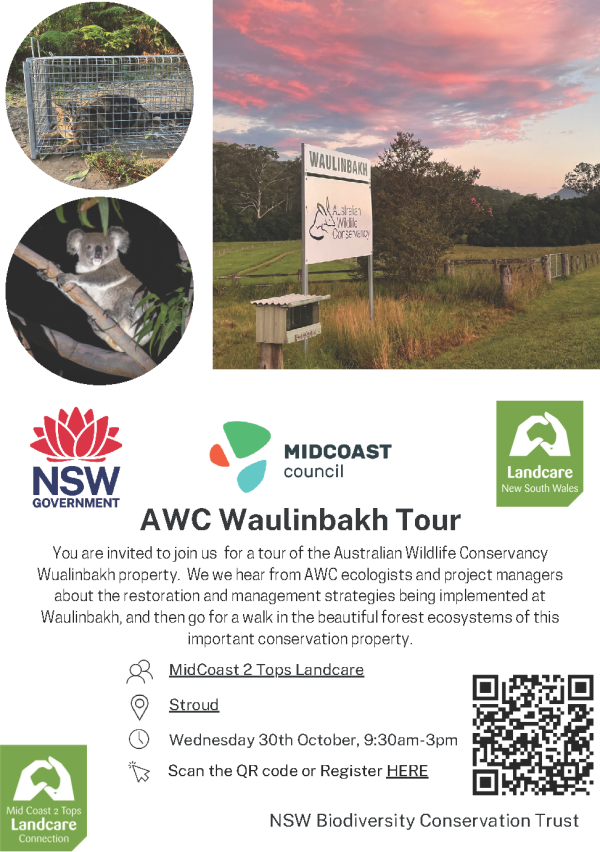
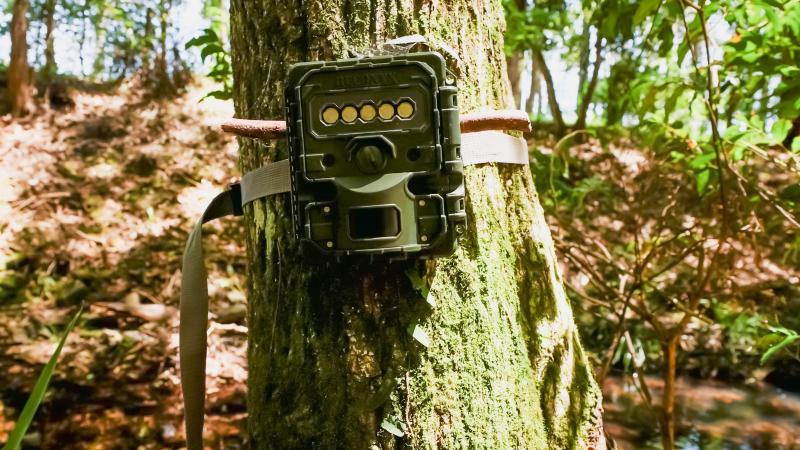
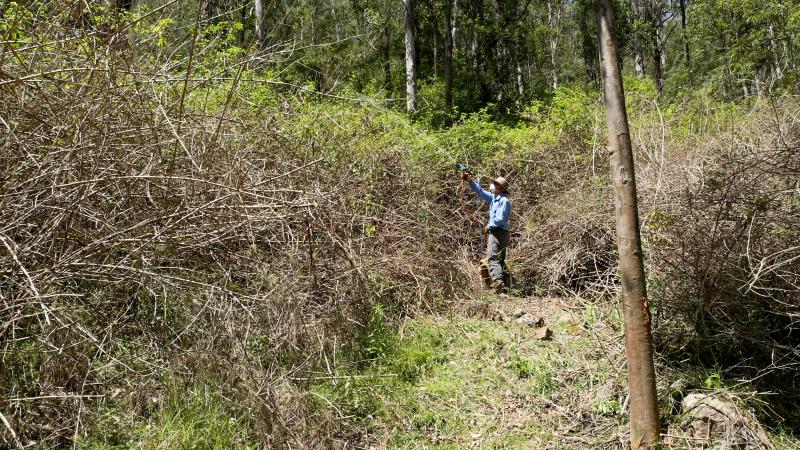
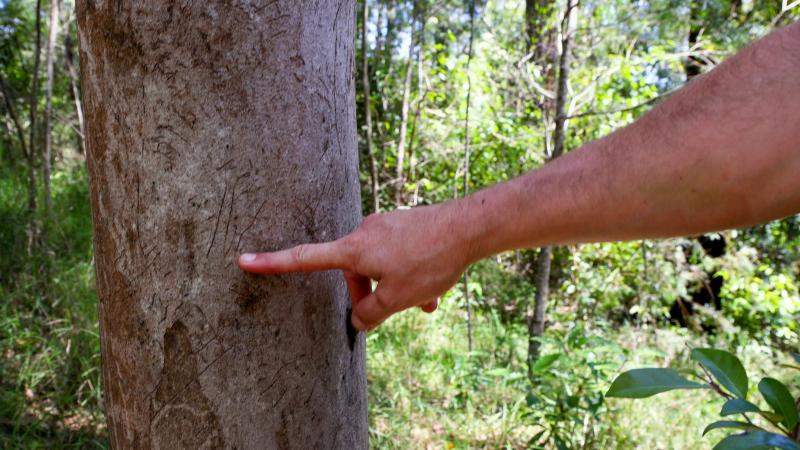
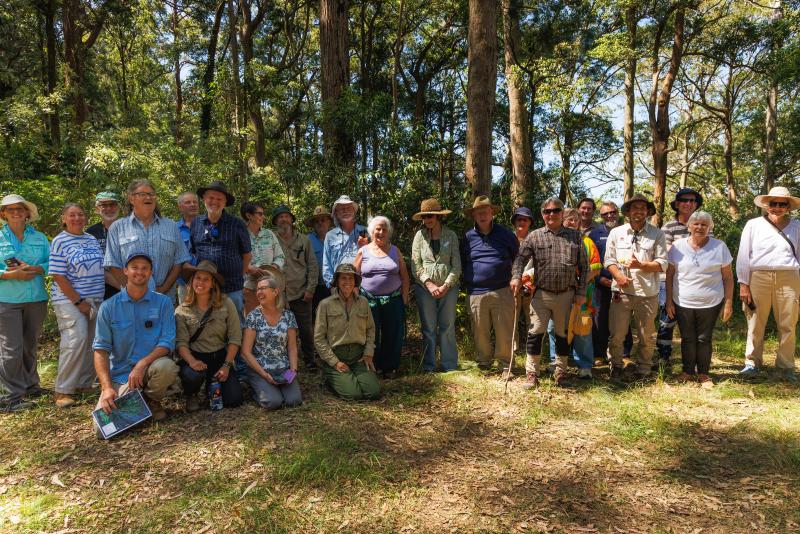
Event Outcomes
Growth in learning measure (Scale 1 - 100)
Attendee feedback
What attendees liked about the event
1. Informative Content and Presentation:
- Attendees found the presentations clear, informative, and beneficial for understanding various conservation and land management topics.
- The range of information, particularly from AWC (Australian Wildlife Conservancy) staff, was appreciated.
2. Networking Opportunities:
- There was value in the opportunity to network with other landholders, experts, and like-minded individuals.
- The collective input from bioscience, land care, and council involvement fostered a productive community engagement.
3. Inspiration and Encouragement:
- The work presented by NGOs like AWC and other conservation efforts were described as inspiring and encouraging.
- Seeing conservation efforts and innovative practices in action motivated attendees.
4. Event Organization and Setting:
- The event was well-organized, especially considering the large number of attendees, with many mentioning the excellent structure and flow.
- Attendees praised the beautiful setting in a wildlife sanctuary and diverse habitat, which enhanced the experience.
5. Social Interaction:
- Attendees enjoyed interacting with others, including social networking and sharing information with experts and peers.
6. Additional Highlights:
- The event included good food and catering, adding to the positive experience.
- The passionate and knowledgeable presenters made a strong impression.
Overall, the event was viewed positively, with participants appreciating the combination of educational content, networking, inspiration, and an organized and engaging environment.
What do you want to learn next?
Topics of Interest for Future Learning:
1. Practical Conservation Skills:
- Techniques in regeneration, propagation, and landscape design.
- Erosion control, trapping, and camera work.
- Managing native grasses, pastures, and other aspects of land conservation.
2. Wildlife and Ecosystem Management:
- Birdlife information and identification.
- Capturing techniques for managing feral animals, especially with new methods.
- Cat control and other specific animal management approaches.
3. Fire and Land Management:
- Understanding the pros and cons of fire management.
- Knowledge about the plant communities specific to their areas, particularly in regions affected by clearing and logging.
4. Networking and Community Efforts:
- More opportunities for networking between conservation landholders.
- Learning about conservation neighbourhoods and collaborative efforts across landholdings.
5. Support and Resources:
- Keeping updated on support programs that assist conservation efforts on private properties.
- Volunteer opportunities within the conservation field.
Attendees expressed interest in both theoretical knowledge and practical, hands-on skills to enhance their conservation efforts. They value continued learning on ecosystem management, networking, and accessing resources for their conservation activities.
Suggestions for improvement were:
1. Activity Balance:
- Some attendees preferred more walking instead of spending time in the car, as walking allows for better observation and engagement with the environment.
2. Staff and Logistics:
- A suggestion was made for additional Landcare staff to help with the day’s logistics to ensure smooth operations.
3. Content Expansion:
- Interest in more information on plant and animal species identification.
- A request for additional discussion on cat control, particularly near sensitive areas, where there is currently a lack of policy.
4. Comfort and Venue:
- The shed used for the afternoon talk became hot and stuffy. It was suggested that a cooler environment would be ideal, especially on hot days.
Overall, attendees were largely satisfied with the event, with only minor suggestions for logistical adjustments and content expansion.
